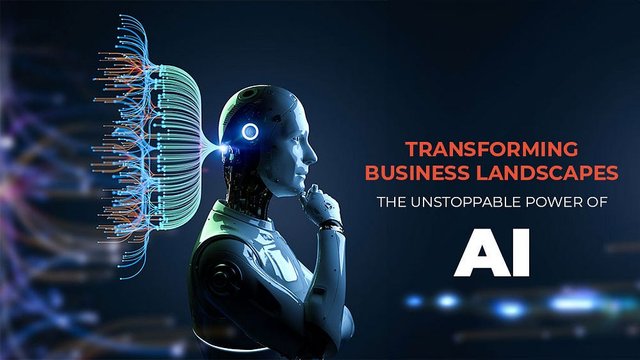The Transformative Power of Artificial Intelligence in Today's World
Introduction to Artificial Intelligence
Artificial Intelligence (AI) is a rapidly evolving technology reshaping every aspect of life and business, marked by its ability to perform tasks that typically require human intelligence. These tasks include decision-making, visual perception, speech recognition, and language translation. AI is not a monolith but comprises several subfields, each dedicated to specific applications and technologies. Key subfields include:
- Machine Learning (ML): The backbone of AI, where algorithms improve automatically through experience and data.
- Natural Language Processing (NLP): Enables machines to understand and respond to human language in a way that is both meaningful and useful.
- Robotics: Combines AI with robotics to create machines capable of undertaking complex actions automatically or semi-automatically.
- Computer Vision: Focuses on developing techniques that allow computers to see and interpret the visual world.
The Current State of AI Technology
Today's AI technology is characterized by sophisticated machine learning models and neural networks that mimic the human brain's interconnected neuron structure. These models are trained on vast datasets, allowing them to make decisions, recognize patterns, and generate predictions with a high degree of accuracy. For instance, AI in smartphones can now recognize faces, interpret spoken commands, and even translate languages in real time.
Real-world Applications of AI
AI's impact is profound and far-reaching, revolutionizing industries by providing more efficient processes, enhanced data analytics, and improved user experiences.
Healthcare
In healthcare, AI is used to diagnose diseases more accurately and in their earlier stages. AI-powered tools like IBM Watson can analyze the meaning and context of structured and unstructured data in clinical notes and reports. Algorithms can also predict patient risk factors and recommend personalized treatment plans.
Finance
The finance industry utilizes AI for fraud detection and risk management. Algorithms analyze customer behavior patterns to flag unusual transactions in real time, significantly reducing the incidence of fraud. AI is also employed in algorithmic trading, where machines can execute trades at speeds and volumes that are unmanageable for human traders.
Transportation
AI significantly impacts transportation through the development of autonomous vehicles and traffic management systems. Companies like Tesla and Waymo are pioneers in this space, where AI algorithms process data from vehicle sensors and make split-second decisions that can help avoid accidents and improve traffic flow.
AI-Powered Mapping Solutions: MapZot.AI
An exemplary real-world application of AI is MapZot.AI, an AI-powered mapping solution that enhances geographic data analysis. This platform utilizes AI to analyze spatial data, optimize route planning, and enhance logistical operations, demonstrating how AI can be integrated into daily business operations to facilitate decision-making and strategic planning.
Potential Future Impact of AI on Society and the Economy
As AI technology advances, its potential future impact on society is expected to be substantial. Automation could lead to significant job displacement in sectors like manufacturing and transportation, but it may also create new job categories in AI development and supervision. Economically, AI could generate trillions in added value to global GDP, as businesses leverage AI to enhance productivity and innovation.
Ethical Considerations and Challenges
The deployment of AI also brings several ethical considerations and challenges. Issues such as privacy, security, and data bias need to be addressed to prevent AI from having harmful impacts on society. For example, if not carefully managed, AI systems can perpetuate existing biases in data, leading to unfair outcomes for some groups. Moreover, the use of AI in surveillance and data collection poses significant privacy risks, demanding strict regulations and guidelines to ensure these technologies are used responsibly.
Conclusion
The significance of AI in today's world cannot be overstated. With its ability to transform industries and everyday life, AI holds remarkable potential to drive innovation and efficiency. However, as we harness AI's capabilities, it is crucial to consider the ethical implications of its application and development. By balancing innovation with responsibility, we can ensure that AI benefits society as a whole, leading us into a future where technology and humanity coexist in harmony.
